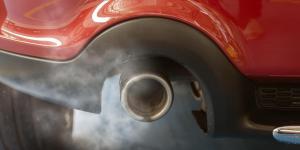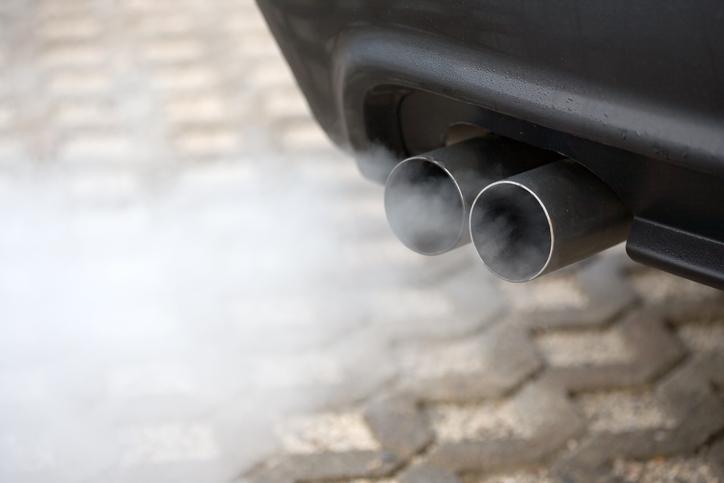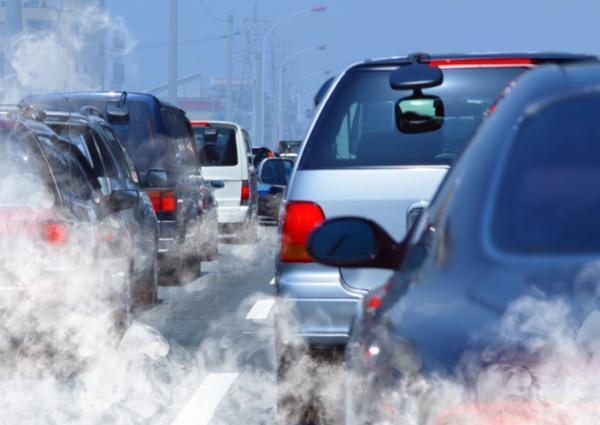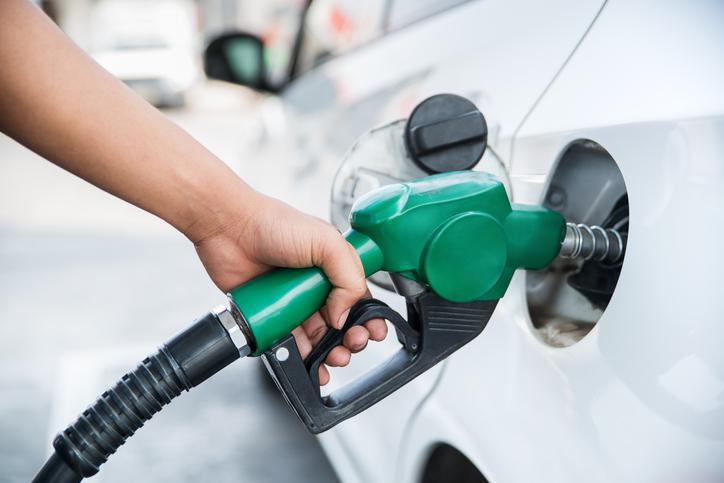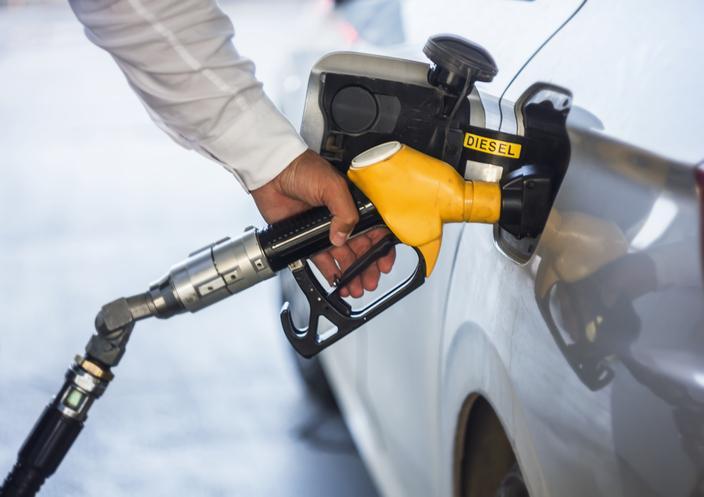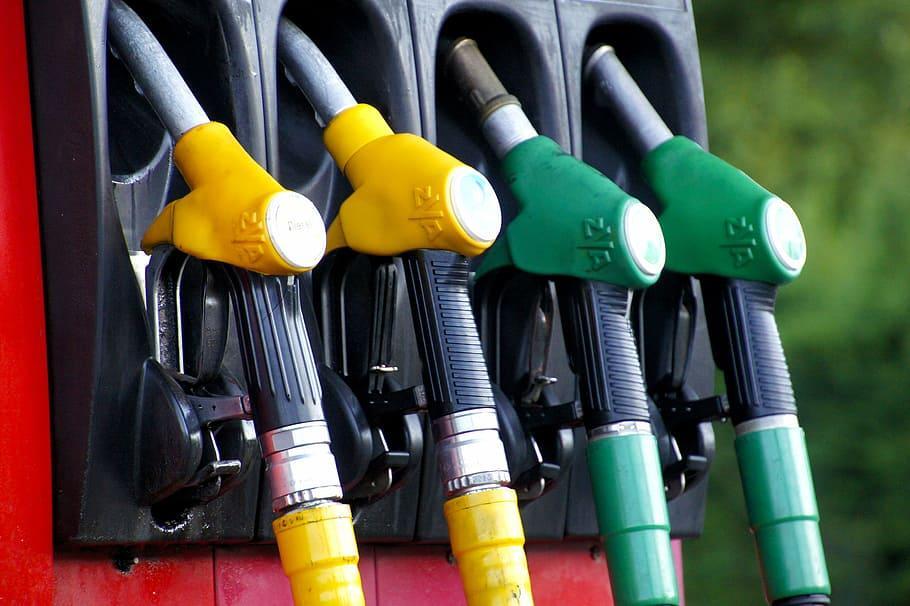Diesel vs. Gasoline: Which Fuel Pollutes More?


The environmental impact of diesel and gasoline cars is a complex and controversial topic. Both types of cars produce emissions that can harm the environment and human health. However, the specific types and amounts of pollutants emitted vary depending on the type of car and its driving conditions.
In this article by thedailyECO, we will take a closer look at the environmental impact of diesel and gasoline cars. We will examine the different types of pollutants emitted by each type of car, as well as the overall environmental impact of each type of car. We will also provide tips on how to choose the best car for your needs and the environment.
Which type of car pollutes more: diesel or gasoline?
Comparing the emissions of diesel and gasoline cars can be complex due to the different types of pollutants they emit.
To simplify, diesel vehicles typically produce less carbon dioxide (CO2) per kilometer than gasoline vehicles. This is because diesel engines are generally more fuel-efficient. However, diesel engines also emit more nitrogen oxides (NOx) and particulate matter (PM). These pollutants can have negative health and environmental impacts.
Recent advancements in diesel engine technology, such as Euro 6 regulations, have significantly reduced emissions of NOx and PM. As a result, diesel cars now exhibit substantially lower emissions of these pollutants, which aligns them more closely with their gasoline counterparts in terms of air quality impact.
It is also worth noting that, although diesel cars have traditionally been more fuel-efficient than gasoline cars, modern gasoline engines have improved in this regard as well. As a result, the CO2 emissions gap between the two types of cars has narrowed.
Natural gas is a widely used energy source that is often touted as a cleaner alternative to coal and oil. However, is natural gas a fossil fuel? And if so, what are the environmental implications of its use? Read all about it in this other article.

How much pollution does a gasoline car produce?
The amount of pollution produced by a gasoline car depends on a number of factors, including the type of car, the age of the car, the condition of the car, and the way the car is driven.
In general, gasoline cars produce a significant amount of pollution. According to the US Environmental Protection Agency (EPA)2, a typical gasoline passenger vehicle emits about 2.31 kilograms (about 5.1 pounds) of carbon CO2 emissions per liter of fuel burned. This number can vary depending on the factors mentioned above, but it gives you a general idea of the scale of the problem.
In addition to carbon dioxide, gasoline cars also emit other pollutants, such as nitrogen oxides, particulate matter, and hydrocarbons. These pollutants can have a negative impact on human health and the environment. For example, nitrogen oxides can contribute to smog and acid rain. Particulate matter can irritate the lungs and worsen respiratory problems. Hydrocarbons can react with other pollutants to form smog.
The good news is that gasoline cars have become much cleaner in recent years. This is due to advances in engine technology and stricter emissions standards. However, gasoline cars still produce a significant amount of pollution, and there is still room for improvement.
To reduce the environmental impact of gasoline cars, modern vehicles are equipped with emission control technologies, such as catalytic converters, that help minimize harmful emissions. Additionally, adopting more fuel-efficient driving habits, regular vehicle maintenance, and transitioning to electric or hybrid vehicles can further reduce pollution associated with gasoline cars.
Be sure to read this other article where we explore the difference between renewable and non-renewable energies, as well as the pros and cons of each type of energy source.
How much does a diesel car pollute?
Similar to gasoline cars, the level of pollution generated by a diesel car is influenced by several factors. These include the car's type, age, condition, and driving habits. However, as a general trend, diesel cars tend to produce a higher amount of pollution compared to gasoline cars.
According to the US Environmental Protection Agency (EPA)2, a typical diesel passenger vehicle emits about 26% more greenhouse gases than a gasoline vehicle, and up to 4 times more harmful pollutants, such as particulate matter and nitrogen oxides.
To give you a general idea, a diesel car typically emits around 2.6 kilograms (about 5.7 pounds) of CO2 for every liter of diesel fuel burned. This is in the same range as gasoline cars when considering the energy content of diesel fuel compared to gasoline.
However, diesel cars tend to emit more NOx and particulate matter, which can be particularly problematic for air quality and health. The amount of these emissions can vary by vehicle and the effectiveness of emission control systems.
Particulate matter (PM) is a mixture of tiny solid particles and liquid droplets found in the air. It can come from a variety of sources, including car exhaust, power plants, and wildfires. It can cause a variety of health problems, including asthma, bronchitis, and lung cancer. Nitrogen oxides also contribute to smog and acid rain.
Electricity is a vital part of our modern world, but how is electricity actually made? Read about it in out other article, where we discuss the different ways that electricity is generated, from traditional fossil fuel-powered plants to renewable energy sources like solar and wind power.

What factors to consider when choosing between a diesel and gasoline car
When choosing between a diesel and gasoline car, it is important to consider a variety of factors, including your driving habits, budget, and environmental concerns. Let us take a closer look at some of these factors:
- Fuel efficiency: diesel cars are generally more fuel-efficient than gasoline cars, especially on the highway. This means that you can drive further on a single tank of fuel and save money on gas.
- Emissions: diesel cars emit more nitrogen oxides and particulate matter than gasoline cars. These pollutants can have a negative impact on human health and the environment. However, diesel cars have become much cleaner in recent years, thanks to advances in engine technology.
- Purchase price: diesel cars are typically more expensive to purchase than gasoline cars. However, the fuel savings from a diesel car can offset the higher purchase price over time.
- Maintenance costs: diesel cars require more frequent oil changes than gasoline cars. They also have more complex emissions control systems, which can be more expensive to repair.
- Driving habits: if you drive a lot of miles, especially on the highway, a diesel car may be a good option for you. However, if you mostly do city driving, a gasoline car may be a better choice, as diesel cars can produce more emissions in stop-and-go traffic.
- Towing capacity: diesel cars typically have a higher towing capacity than gasoline cars. This makes them a good choice for people who need to tow a trailer or camper.
- Resale value: diesel cars tend to hold their resale value better than gasoline cars.
Ultimately, the best way to decide which type of car is right for you is to weigh the pros and cons of both diesel and gasoline cars and choose the option that best meets your needs.
You might be interested in this other article where we explore some of the ways that we can protect nature's ecosystems. We will discuss the importance of biodiversity, the threats to ecosystems, and specific actions that we can take to help.

What is the fossil fuel that pollutes the environment the most?
It is clear that other fossil fuels greatly pollute the environment, both their extraction and their use in combustion. However, oil and its derivatives are among the best known for offering us great advances in technology, transportation and many other areas, but also for the high pollution they produce. As we have already mentioned , both gasoline and diesel or diesel , both derived from petroleum, pollute the environment a lot, being both equally harmful .
Therefore, we must use vehicles of this type moderately and opt for public transport or electric vehicles or, at least, hybrids.
We encourage you to also read this other article on What fossil fuels are and how they were formed .

If you want to read similar articles to Diesel vs. Gasoline: Which Fuel Pollutes More?, we recommend you visit our Pollution category.
- INECC, Government of Mexico. Motor vehicles as emission sources: http://www2.inecc.gob.mx/publicaciones2/libros/618/vehiculos.pdf
- U.S. Environmental Protection Agency: https://www.epa.gov/greenvehicles/greenhouse-gas-emissions-typical-passenger-vehicle


